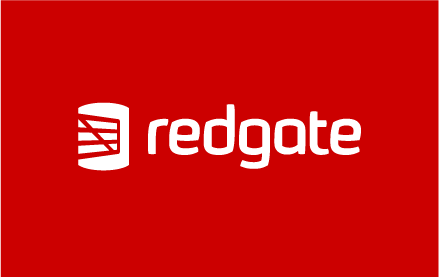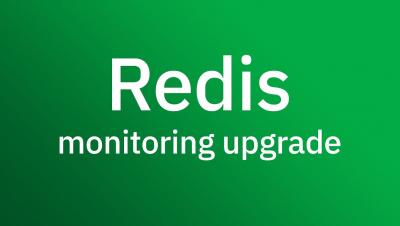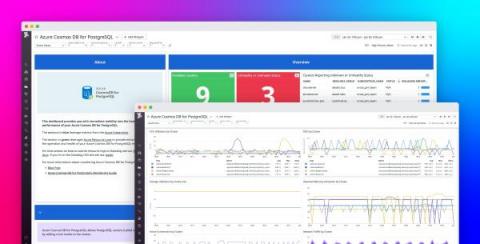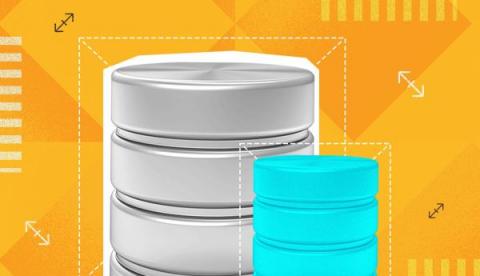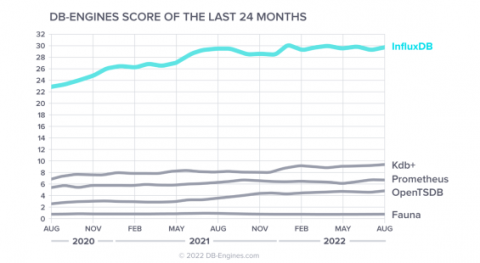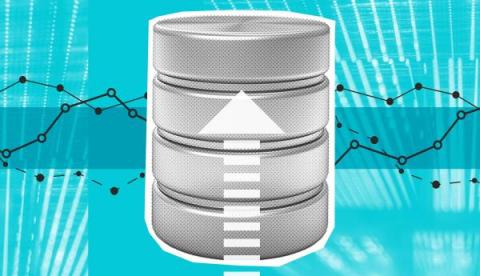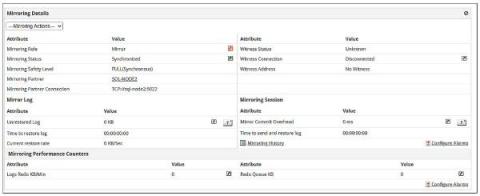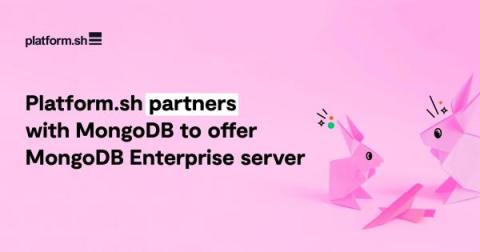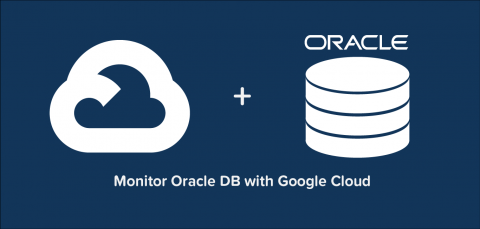Operations | Monitoring | ITSM | DevOps | Cloud
Databases
The latest News and Information on Databases and related technologies.
Redis Monitoring Upgrade
Monitor Azure Cosmos DB for PosgreSQL with Datadog
Azure Cosmos DB for PostgreSQL is a fully managed relational database service for PostgreSQL that is powered by the open source Citus extension. With remote query execution and support for JSON-B, geospatial data, rich indexing, and high-performance scale-out, Cosmos DB for PostgreSQL enables users to build applications on single- or multi-node clusters.
What To Know About Microsoft Azure PostgreSQL Hyperscale
Why Use a Purpose-Built Time Series Database?
For many workloads, using a time series database is a smart choice that saves time and storage space. Developers and companies have more database choices than ever. Choosing the right database for a project saves time when writing and querying data. As companies work with larger datasets to make increasingly intelligent and automated systems, efficiency is key. For many workloads, using a time series database is a smart choice that saves time and storage space.
Comprehensive Guide on Partitioning and Sharding in Azure Database for PostgreSQL
Common SQL Server challenges and how Applications Manager's SQL Performance Monitor helps you overcome them
Database management systems are an essential component of business applications. Over the years, MS SQL has earned its place in the hearts of database administrators (DBAs) as the most trusted relational database management system. It is still the go-to choice for many DBAs as it helps them leverage its extensive capabilities across various dimensions such as security, portability, transaction processing and analytics.
Platform.sh partners with MongoDB to help customers build modern applications faster
Today, we are excited to announce that Platform.sh now offers the latest version of MongoDB to our Enterprise and Elite customers. Clients can now enjoy improved visibility via one source of control, the ability to track multiple applications and users, and native, at-rest encryption that meets the latest security compliance standards. There are more details about the benefits of MongoDB below.
How to monitor Oracle DB with Google Cloud Platform
Monitor Oracle DB in Google Cloud Platform with the Google Ops Agent. The Ops Agent is available on GitHub, and makes it easy to collect and ship telemetry from dozens of sources directly to your Google Cloud Platform. You can check it out here! Below are steps to get up and running quickly with observIQ’s Google Cloud Platform integrations, and monitor metrics and logs from Oracle DB in your Google Cloud Platform.


